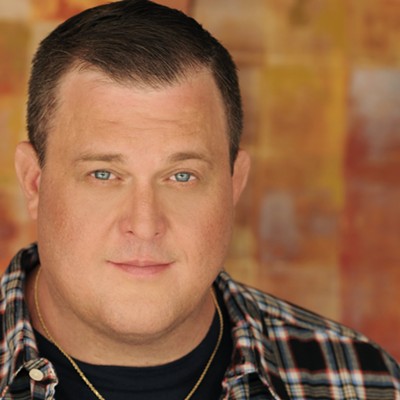Tuesday, August 7, 2012
Three Sisters at Pittsburgh Irish & Classical Theatre
Chekhov is typically pegged as gloomy and "Russian." But while lots of horrible things happen in this classic, it’s easy to forget that the note the play ends on is that of the sisters’ resolve to go on. (That in itself is ironic, of course, as these well-off siblings have spent the whole play complaining, not entirely uncomically, about much lesser woes. But that irony, too, is Chekhov.)
Still, in PICT’s fine production, the thing that stood out most for me about this 1901 play was the vision of man’s fate as espoused by various characters. Insofar as those characters are both types and fully realized humans, they’re a fascinating glimpse into social thought in prerevolutoinary Russia.
Most prominent, perhaps, is Vershinin, the dashing army officer. As played for PICT by David Whalen, he’s a repository of optimism about the future — albeit the rather distant future. He’s the character who keeps reassuring sister Masha that while everyone in the provinces seems like a dullard now, a brighter sort of majority is bound to emerge …. in "two or three hundred years."
The idealistic Baron Tuzenbach is more heartbreaking. The Baron (Leo Marks) is preparing to leave the military and work with his hands, in a brick factory. His romanticization of manual labor and human brotherhood bespeaks his faith in an immediate sort of transformation of mankind — a sort of "be the change you wish to see" avant ls lettre. And the Baron, of course, is destined for the most tragic comeuppance.
Then there’s Chebutykin, the physician, who seems in some ways the most philosophy-damaged. Ultimately, Chebutykin (Larry John Meyers) sounds the fatalist, several times excusing his own inaction by questioning whether "we even exist." His reading, it seems, has gotten the best of him — or the worst. The fact that he’s also something of a sentimentalist reflects Chekhov’s complex view of humanity.
Three Sisters isn’t a play about philosophy, of course; structurally, it’s more a melodrama. But the philosophical assertions create a rich backdrop for the action.
Three Sisters, directed by Harriet Power, has seven more performances through Aug. 26 as part of PICT’s Chekhov Celebration. The first of those seven is tomorrow night at 8 p.m.
The shows are at the Henry Heymann Theater, in Oakland’s Stephen Foster Memorial.
Tags: Program Notes












